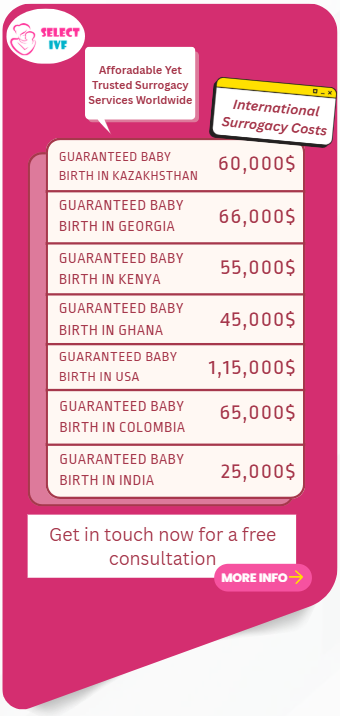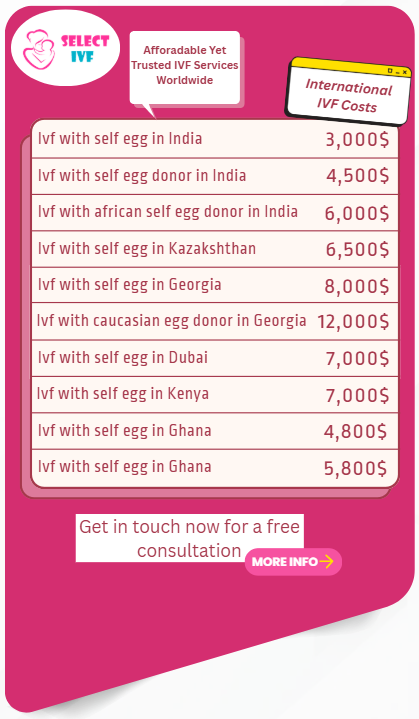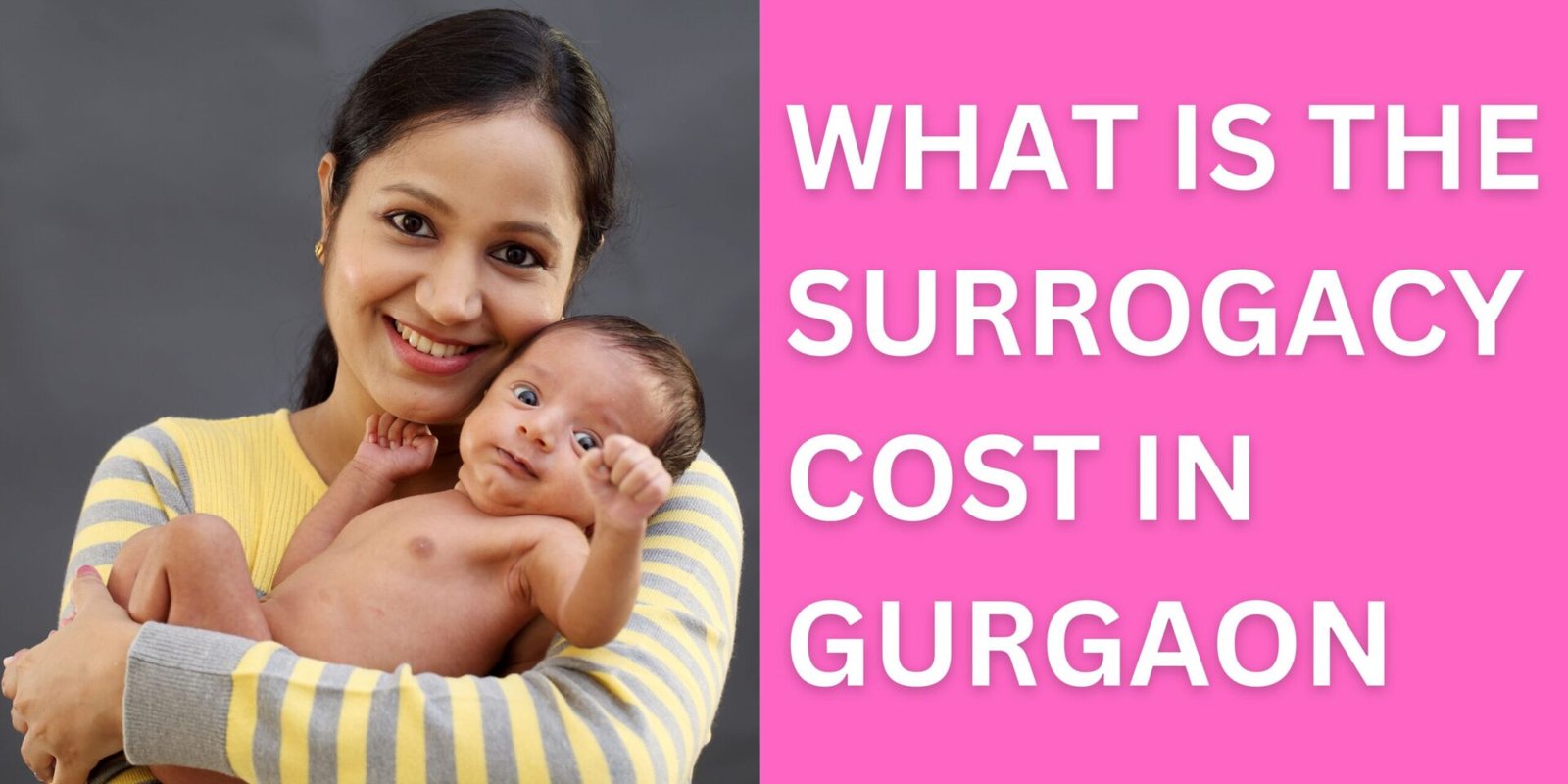Medical visa to India for IVF Surrogacy: easy and convenient process to complete your dream which you find gruelling at your place
Medical Visa in India IVF Surrogacy
Medical visa to India would be easy for the sterile couple intending for the IVF treatment to complete the family and start the best journey of life. The process to be at the centre of India involves some of the steps but would be very supportive to your sterility journey. Throughout the world, infertility problem in is increasing day by day. Due to the stress and changing lifestyle of the couple, people might suffer the complications in conceiving. As the infertility treatment is not of good quality everywhere albeit costs more, this is the reason because of which many couples opts for IVF treatment in India. Surrogacy is one of the best and easiest infertility treatments over known for female and most of the infertility cases of a couple are reported due to female infertility. At a very initial stage when the couple needs to have counselling session in which they did clear about the things of cost, quality and service couples get a lot much satisfaction. Thus with the help from centre and the couple, the mutual co-operation of the activities takes place for the visa and transportation facilities. As long you are provided with visa, the centre and staff members will be in coordination with the couple.

Medical history is most for the IVF treatment: no any obstacle would let you move out of our centre
Medical history is most for the IVF treatment who really wants to come to our centre for the secure and safe IVF surrogacy. Medical visa to India for IVF surrogacy needs the data and report for which the centre will be very helpful and trustworthy. For the check-up for IVF surrogacy, the couple needs to enroll themselves. After the enrolment procedure is completed medical history, ID proof and medical history are the most. The medical history should be positive enough to have the treatment and should support the need of clinic and centre. The medical history plays a very important role to have your medical visa. To procedure with medical visa, the couple needs to be eligible to undergo surrogacy in India. The clients visiting India for infertility treatment have different procedure depending upon the type of nationality and originality. Basic, the procedure will be categorized under two headings-
- Indians living abroad: For the NRI, it is not compulsory to have a medical visa to them supposed that the passport with them is of India. For the scrutiny of government that they will not change their nationality in the due course of treatment, they need to show affidavit.
- Originally from different countries: The patients belonging to other nation should mandatorily have a medical visa to start surrogacy treatment in India. In the case, we will provide them with special help for investigation and query. Candidate needs to go through FRRO process. FRRO (Foreign Regional Registration officer) registration must be obtained within 14 days of your arrival.
Marital relationship matters a lot to start with the treatment
It is very crucial to start the treatment to ensure that the man and woman are duly married and the marriage has sustained at least for two years. Embassy letter of your country in India should mention the following things for the approval of Visa-
- the country recognizes surrogacy
- child through the Indian surrogate would be given same priority as a biological child in your country
- the couple should be responsible to take care of the child they are demanding for
- treatment should be done in one of the recognized centre in India
Medical visa for surrogacy in India is one of the important factors which many of the couples are searching to get soon and start the treatment as of its many successful records.
The validity of passport: the sufficient time you need for the surrogacy
Medical visa for surrogacy in India is the matter of concern but along with this the validity of the visa is also supposed to get concerned. The country at a time provides the medical visa for only 180 days which can be renewed in your need and all. After the first visit of the couple to centre, the doctors will make very clear about the time needed for whole treatment. The notarized agreement between the doctor, surrogate mother and intending couple should also be attach.
FAQs: Medical Visa in India for IVF and Surrogacy
- What is a medical visa for IVF and surrogacy in India?
A medical visa (also called an M-visa) is a special type of visa issued to foreign nationals who wish to visit India for medical treatment, including procedures like IVF (In Vitro Fertilization) and surrogacy. This visa allows foreign patients to receive treatment at Indian hospitals or clinics. - How to apply for a medical visa in India for IVF or surrogacy?
To apply for a medical visa for IVF or surrogacy in India, follow these steps:
- Step 1: Obtain a letter of recommendation or confirmation from an accredited hospital or clinic in India, detailing the medical procedure (e.g., IVF or surrogacy) and treatment plan.
- Step 2: Submit the application form along with required documents like:
- Passport-sized photographs
- A valid passport (with at least 6 months’ validity)
- Medical documents from the Indian clinic/hospital
- Proof of sufficient funds to cover treatment expenses
- Step 3: Pay the visa processing fee and submit the application at the nearest Indian embassy or consulate in your country.
- Step 4: Wait for the approval, which typically takes 7-10 working days.
- What are the requirements for a medical visa for IVF and surrogacy?
- The primary requirement is to provide a valid medical invitation from a registered Indian medical facility.
- You must show proof of financial stability to cover your medical expenses, including IVF, surrogacy, hospital charges, medications, and living costs during your stay in India.
- For surrogacy, the clinic must provide details about the surrogate mother and the legal framework governing surrogacy in India.
- Is surrogacy legal in India for foreign nationals?
- Altruistic surrogacy is legal for Indian citizens, but commercial surrogacy for foreign nationals has been banned since 2015. The Indian government passed a law restricting surrogacy for foreign couples and allowing it only to Indian married couples.
- However, Indian couples or Indian citizens living abroad are allowed to pursue surrogacy in India, provided they meet the specific legal criteria.
- What is the duration of a medical visa for IVF and surrogacy?
- A medical visa is typically issued for a short-term period, ranging from 6 months to 1 year, depending on the treatment requirements and the patient’s condition.
- For IVF, the visa usually covers the duration of the treatment cycle (approximately 1-2 months), with the option to extend the visa in some cases if additional cycles or treatments are required.
- For surrogacy, the medical visa is usually granted for a duration long enough to complete the surrogacy process, including the pregnancy term, birth, and post-delivery procedures.
- Are there any restrictions on a medical visa for IVF or surrogacy?
- For IVF: There are generally no restrictions, provided the treatment is performed at a reputable medical center, and all legal and health regulations are followed.
- For surrogacy: Only Indian citizens or couples can legally use surrogacy services in India. Foreign nationals are restricted from entering surrogacy agreements under the current laws.
- Medical visa holders are allowed to stay only for the duration of treatment and cannot use the visa for purposes other than medical treatment.
- Can I bring a companion with me on a medical visa for IVF or surrogacy?
Yes, you can bring a companion or a family member along with you on the medical visa. The companion can travel with you during your treatment, but they will need to apply for a tourist visa. - Can I extend my medical visa for IVF or surrogacy treatment in India?
In some cases, you can apply for a visa extension if the treatment requires more time. However, extensions are typically granted only in exceptional circumstances and should be requested before the visa expires. It is recommended to check with the Indian authorities and the hospital handling your treatment to confirm the process.
Conclusion
A medical visa for IVF and surrogacy treatment in India is available to foreign nationals, though surrogacy is restricted to Indian citizens due to recent legal changes. The process involves submitting medical documents from an accredited clinic, proof of financial stability, and the appropriate application to the Indian consulate. The visa allows for treatment, and in some cases, extensions may be granted based on the nature of the medical treatment. It’s important to consult with an IVF or surrogacy clinic in India for detailed requirements and legal advice specific to your situation.
What is a medical visa for IVF and surrogacy in India?
A medical visa (also called an M-visa) is a special type of visa issued to foreign nationals who wish to visit India for medical treatment, including procedures like IVF (In Vitro Fertilization) and surrogacy. This visa allows foreign patients to receive treatment at Indian hospitals or clinics.
How to apply for a medical visa in India for IVF or surrogacy?
To apply for a medical visa for IVF or surrogacy in India, follow these steps:
Step 1: Obtain a letter of recommendation or confirmation from an accredited hospital or clinic in India, detailing the medical procedure (e.g., IVF or surrogacy) and treatment plan.
Step 2: Submit the application form along with required documents like:Passport-sized photographs
A valid passport (with at least 6 months’ validity)
Medical documents from the Indian clinic/hospital
Proof of sufficient funds to cover treatment expenses
Step 3: Pay the visa processing fee and submit the application at the nearest Indian embassy or consulate in your country.
Step 4: Wait for the approval, which typically takes 7-10 working days.
Can I bring a companion with me on a medical visa for IVF or surrogacy?
Yes, you can bring a companion or a family member along with you on the medical visa. The companion can travel with you during your treatment, but they will need to apply for a tourist visa.
Can I extend my medical visa for IVF or surrogacy treatment in India?
In some cases, you can apply for a visa extension if the treatment requires more time. However, extensions are typically granted only in exceptional circumstances and should be requested before the visa expires. It is recommended to check with the Indian authorities and the hospital handling your treatment to confirm the process.
Read Also:









